How to Choose the Best Door and Window Locks for Maximum Home Security
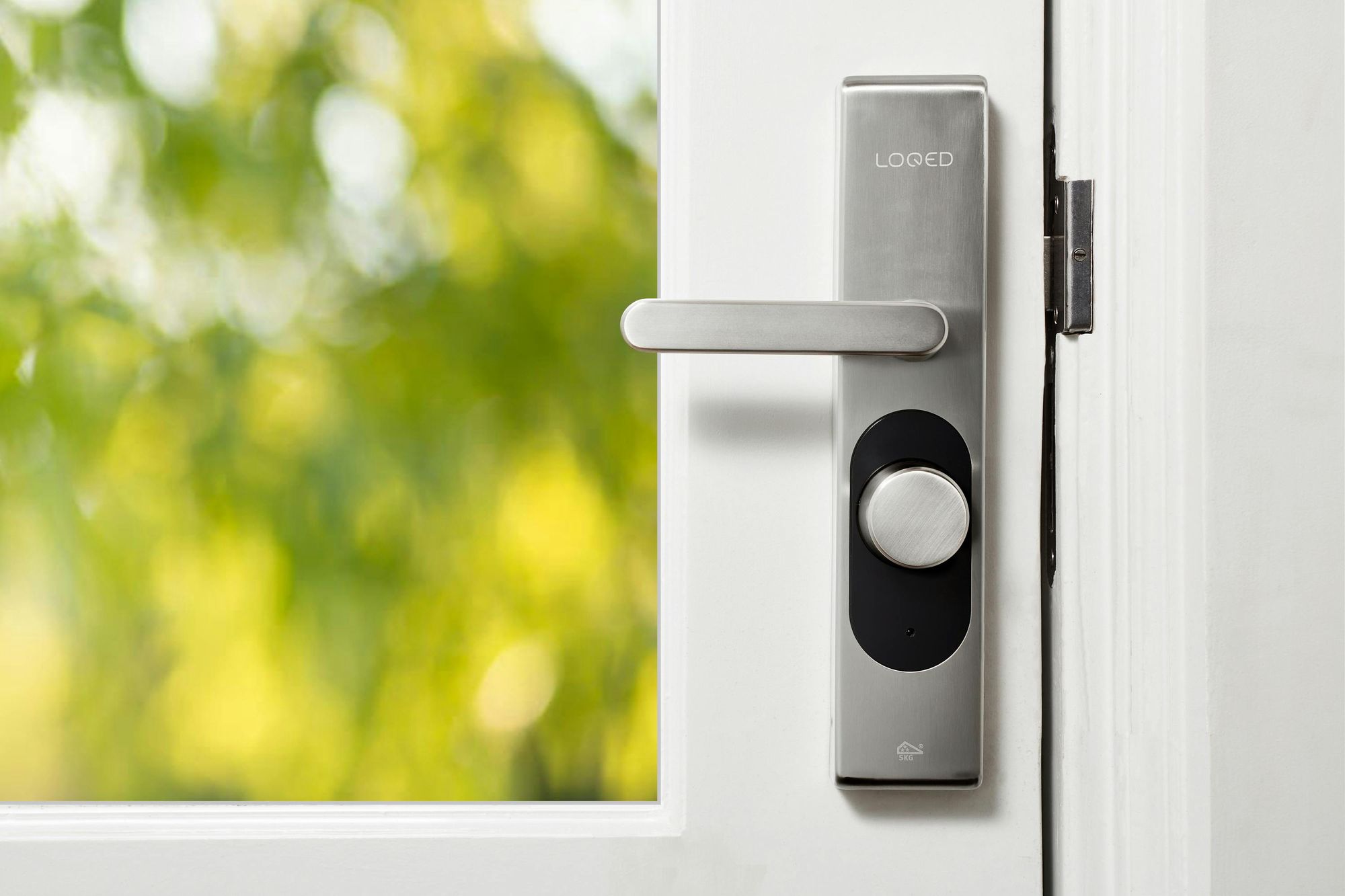
When it comes to protecting your home, ensuring that your doors and windows are secured with the right locks is crucial. Choosing the right locks for your doors and windows can significantly enhance the safety of your home, providing peace of mind and preventing potential break-ins. With a variety of lock types, materials, and technologies available, it’s essential to understand what makes an effective security solution. Here’s a guide on how to choose the best door and window locks for maximum home security.
Understand the Different Types of Locks
Before choosing the best lock for your home, it’s important to familiarize yourself with the different types of locks available for doors and windows.
Deadbolt Locks
Deadbolts are one of the most common and effective locking systems used for doors. They provide strong resistance to forced entry because they extend a solid metal bolt into the doorframe, making them difficult to bypass. There are two main types:
- Single Cylinder Deadbolt: Operated with a key on the outside and a thumb turn on the inside.
- Double Cylinder Deadbolt: Requires a key for both the outside and inside. This type is ideal for doors with glass panels near the lock, as it prevents intruders from breaking the glass to unlock the door.
Smart Locks
Smart locks offer modern convenience and advanced security features. They can be controlled remotely via a smartphone app or integrated into your home’s smart security system. Some smart locks allow you to assign temporary or permanent access codes to guests, while others feature biometric authentication, such as fingerprint recognition.
Latch Bolts
While less secure than deadbolts, latch bolts are common in residential properties. They are often used in combination with deadbolts for added security.
Chain and Sliding Locks
These locks are usually supplementary and act as an added layer of security rather than the primary locking mechanism. They can be helpful in providing an extra layer of defense against unauthorized access.
Window Locks
For windows, traditional locking mechanisms like sliding bolts or pin locks are commonly used. However, more advanced options like keyed locks and sash locks are also available for added security. Consider the type of window (casement, sliding, or double-hung) to determine the most suitable lock.
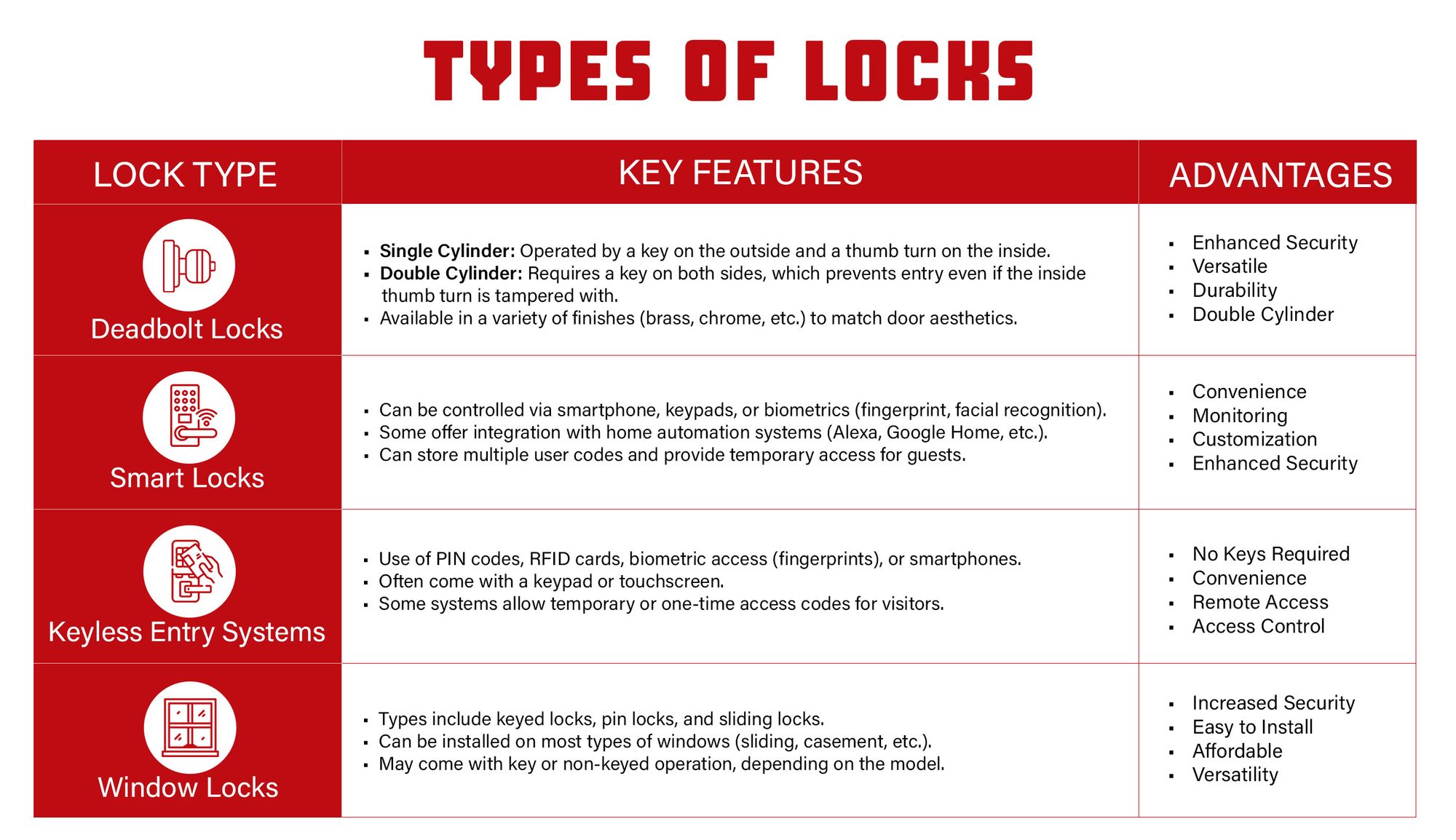
Assess the Material and Durability
The material of the lock plays a vital role in its strength and resistance to tampering. Here are some considerations for selecting the best lock materials:
- Steel and Brass: These are among the most durable and resistant to tampering. Steel is particularly strong and resistant to cutting or shearing.
- Zinc Alloy: Commonly used in lower-cost locks, zinc alloys are somewhat durable but may not offer the same level of strength as steel or brass.
- Nickel-Plated: A nickel-plated finish offers added protection against rust and corrosion, making it ideal for locks exposed to harsh weather conditions.
Ensure the lock you choose is made from high-quality materials designed to withstand wear, tear, and any tampering attempts.
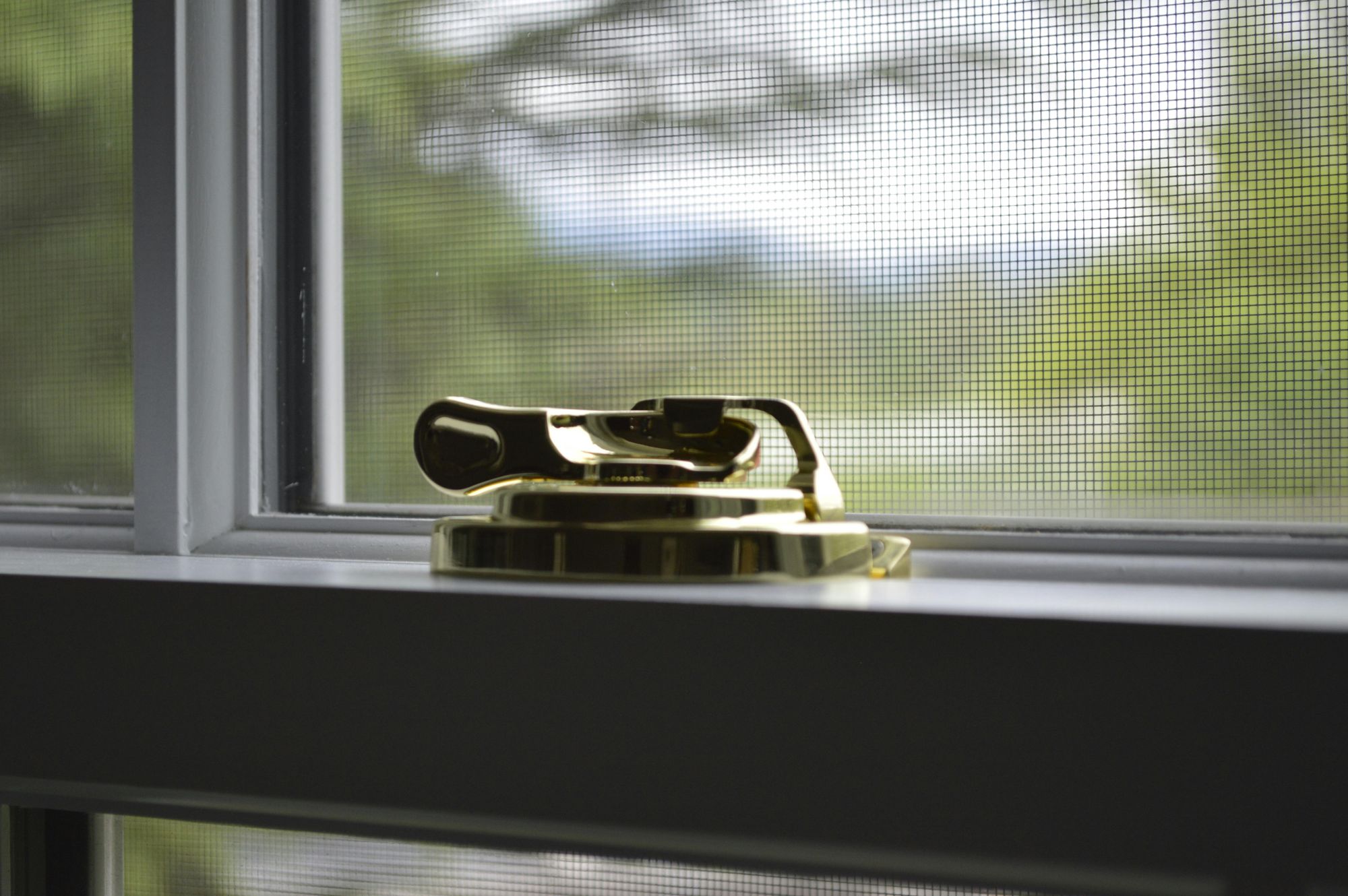
Consider the Lock’s Resistance to Bumping and Picking
Lock bumping and picking are common methods used by burglars to gain unauthorized access. Choose locks that are specifically designed to resist these techniques. Look for features such as:
- Anti-Bump Technology: This feature ensures that the lock cannot be bypassed by the bumping method.
- Pick-Resistant Pin Mechanism: High-quality locks use a pin mechanism that makes it difficult to pick the lock, providing extra protection against break-ins.
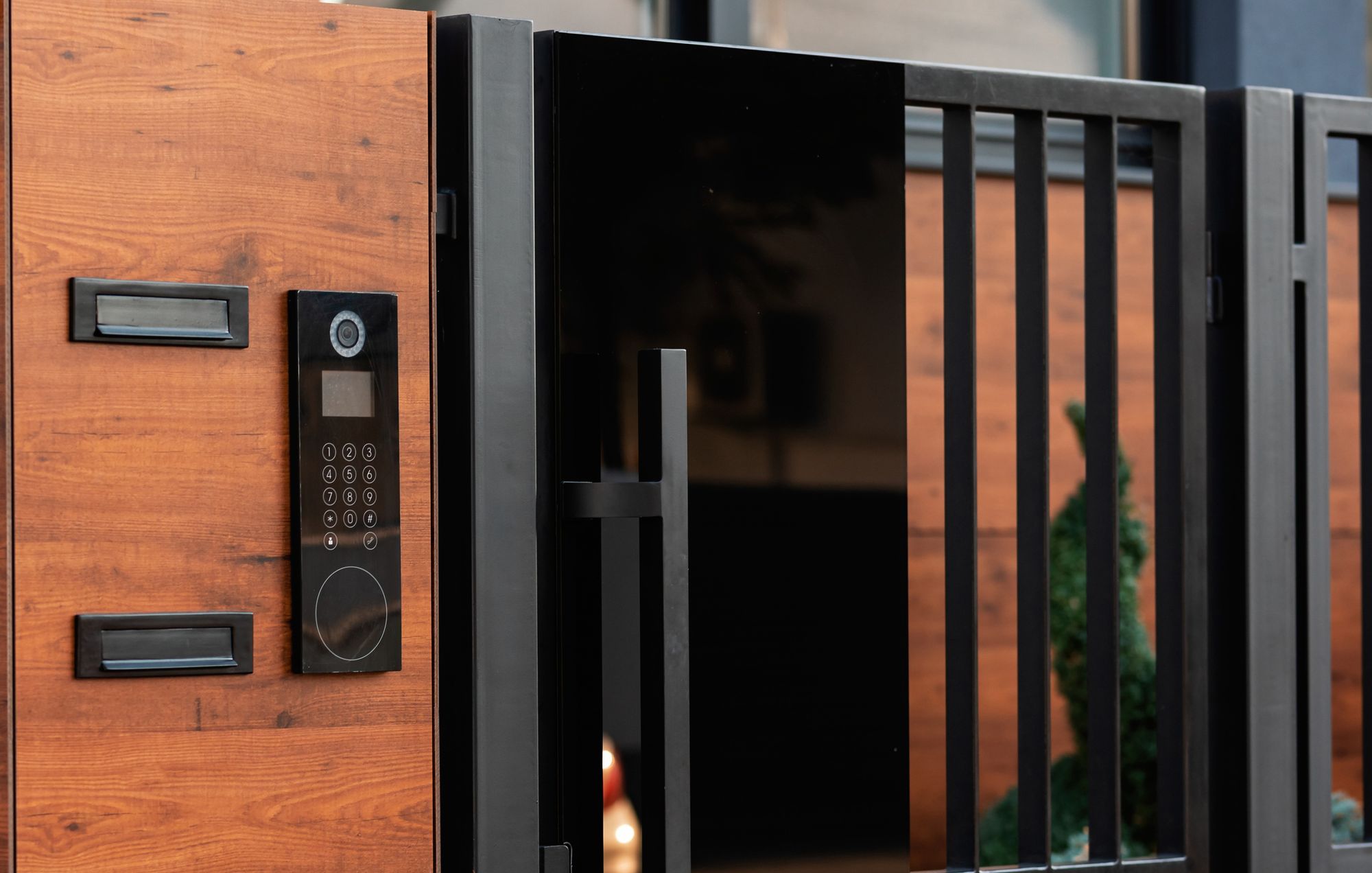
Focus on the Lock’s Grade
Locks are often rated by a grading system that evaluates their strength and security. In the United States, the American National Standards Institute (ANSI) grades locks on a scale of 1 to 3, with Grade 1 being the highest security rating.
- Grade 1: These locks are typically used in commercial buildings and offer the highest level of protection. They are highly resistant to tampering and are ideal for doors that require the best security.
- Grade 2: These locks are commonly used in residential properties and provide a good level of security for most homes.
- Grade 3: These locks are considered low security and are suitable for interior doors or situations where high security is not a primary concern.

Look for Weather-Resistant Features
If you live in an area with extreme weather conditions, it’s essential to choose locks that can withstand harsh environments. Weather-resistant locks prevent rust, corrosion, and degradation over time. Look for features such as:
- Weatherproof Coatings: Zinc or chrome-plated finishes can help prevent rust and keep the lock in good condition despite exposure to the elements.
- Rubber Gaskets: Some high-end locks come with rubber gaskets that prevent moisture from entering the lock mechanism, reducing the chances of rust.

Installation and Maintenance
Once you’ve chosen the best lock for your doors and windows, proper installation is key to maximizing its effectiveness. Many locks are easy to install as DIY projects, but for optimal security, you may want to hire a professional to ensure that the lock is installed correctly and functions as intended.
Maintaining your locks is equally important. Regularly check for signs of wear and tear, lubricate the lock mechanism, and replace any locks that show signs of damage or malfunction.

Additional Security Features to Consider
While a strong lock is essential, there are other security features that can complement your door and window locks:
- Security Cameras: Installing surveillance cameras around your home can act as a deterrent to potential burglars.
- Motion-Sensing Lights: Well-lit entryways are less likely to be targeted by burglars. Motion-sensing lights add an extra layer of security around your home.
- Smart Home Integration: Consider integrating your locks with a smart home system for remote monitoring and control. Some systems even alert you when doors or windows are unlocked.
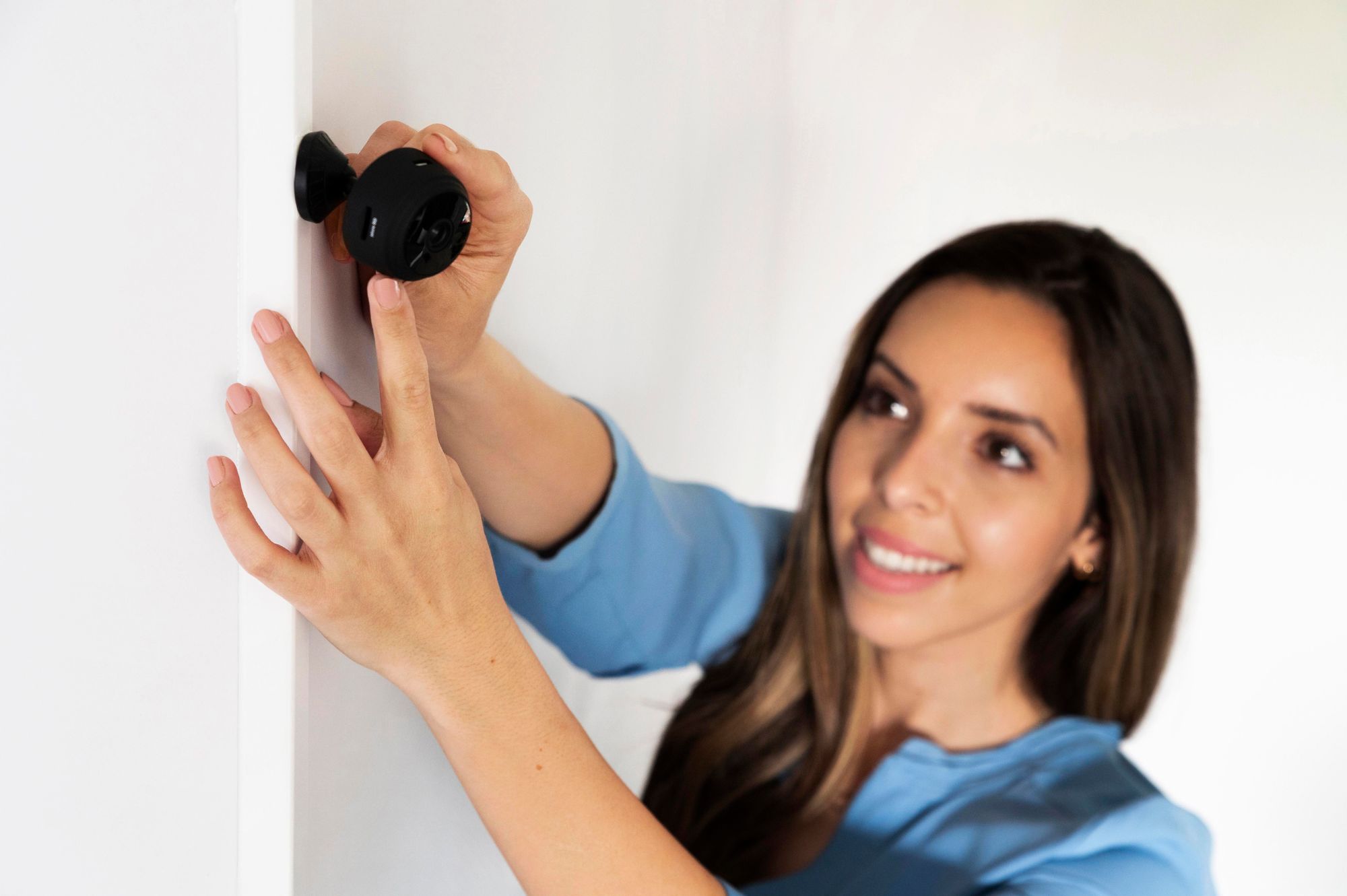
Conclusion
Choosing the best door and window locks for maximum home security requires careful consideration of various factors, including the type of lock, material, resistance to tampering, and ease of use. By selecting high-quality locks that meet your home’s specific needs, you can significantly enhance your security and protect your family from potential threats. Remember, investing in the best locks now will save you from costly repairs or losses in the future.
For those who want added convenience, smart locks are an excellent choice, offering modern features like remote access and advanced authentication. Combine your lock choices with additional security measures like cameras and lighting, and you’ll have a comprehensive security solution that gives you peace of mind day and night.
